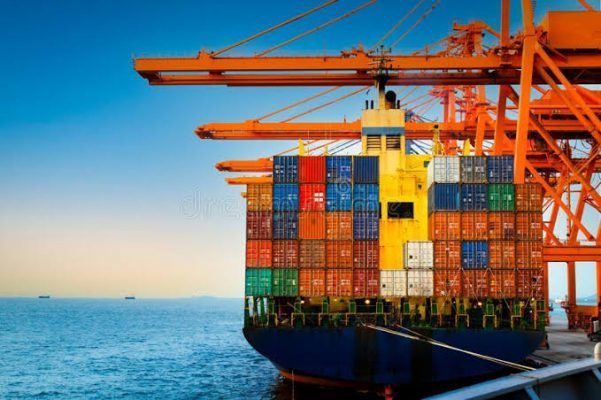Following the Federal Government’s major reforms in the maritime sector, Nigeria has recorded a major breakthrough as it received orders from two European countries for its locally manufactured vessels, fire-floats and floating cranes, all valued at N326 billion.
The exports, carried out within the last six months, were made possible following the government’s import restrictions on 14 categories of marine support vessels from entering Nigeria after December 31 2024.
Findings revealed that the decision was made by the government in order to prevent $3.3 billion annual spending on marine vessels, as some of the ships can be manufactured and repaired in-country for cabotage trade by local ship yards owners.
The Federal Government had notified the Nigeria Customs Service (NCS), Central Bank of Nigeria (CBN), Nigerian Maritime Administration & Safety Agency (NIMASA), Nigerian National Petroleum Company Limited (NNPCL), Nigerian Content Development and Monitoring Board (NCDMB) to enforce the ban on the importation of the vessels.
It also ordered CBN to stop granting foreign exchange to importers of jack-up barges, offshore supply vessels, houses boats, tug boat, tankers of below 10,000 gross tonnage. It was revealed that 80 per cent of barges used in the country’s waterways were now being built locally.
According to the National Bureau of Statistics (NBS)’s reports, the Netherlands and France took delivery of N212.04 billion and N24.1 billion of vessels respectively from Nigeria in the second quarter of the year.
The bureau noted that some submersible drilling or production platforms valued at N90.43 were exported to Equatorial Guinea. Some of the marine support vessels banned by the government are drag head suction hopper, dredger suction hopper, trailing suction hopper dredger as the local ship yards have the capacity to build them.
Others are heavy floating cranes, heavy crane badge, survey salvage vessels, seismic survey vessels, geophysical survey vessels, jack up rigs, semi-submersible rig, deep water drill ships, tender assist rigs and swamp barge rigs. Recall that in 2023, the Federal Government also banned AHT vessel larger than 5,000bnp with dynamic positioning PSV and offshore construction vessels -derrick crane vessels, pipe/cable vessel, surf laying, dive support vessel and they have ceased from coming to Nigeria.
However, findings from NCDMB indicated that the top five vessels in demand in the country included Various Barges (VB), Tug Boats (TB), Security Patrol Vessels (SPV), Jack-up barges (JUB) and Crew Boats (CB), Water Bus (WB) and Support Vessel (SUV). Following its determination to enforce ban on certain categories of vessels that cab be manufactured locally, some ship owners were denied foreign exchange worth N448.7 billion ($641 million) by Federal Government in 2022.
About 80 per cent of barges used in the country’s waterways were being built locally. Meanwhile, between 2020 and 2022, data obtained from International Trade Statistics (ITS) revealed that ship owners spent $4.7 billion on importation of vessels from the United States, Singapore, China, Belgium and Seychelles due to lack of shipyard in the country.















